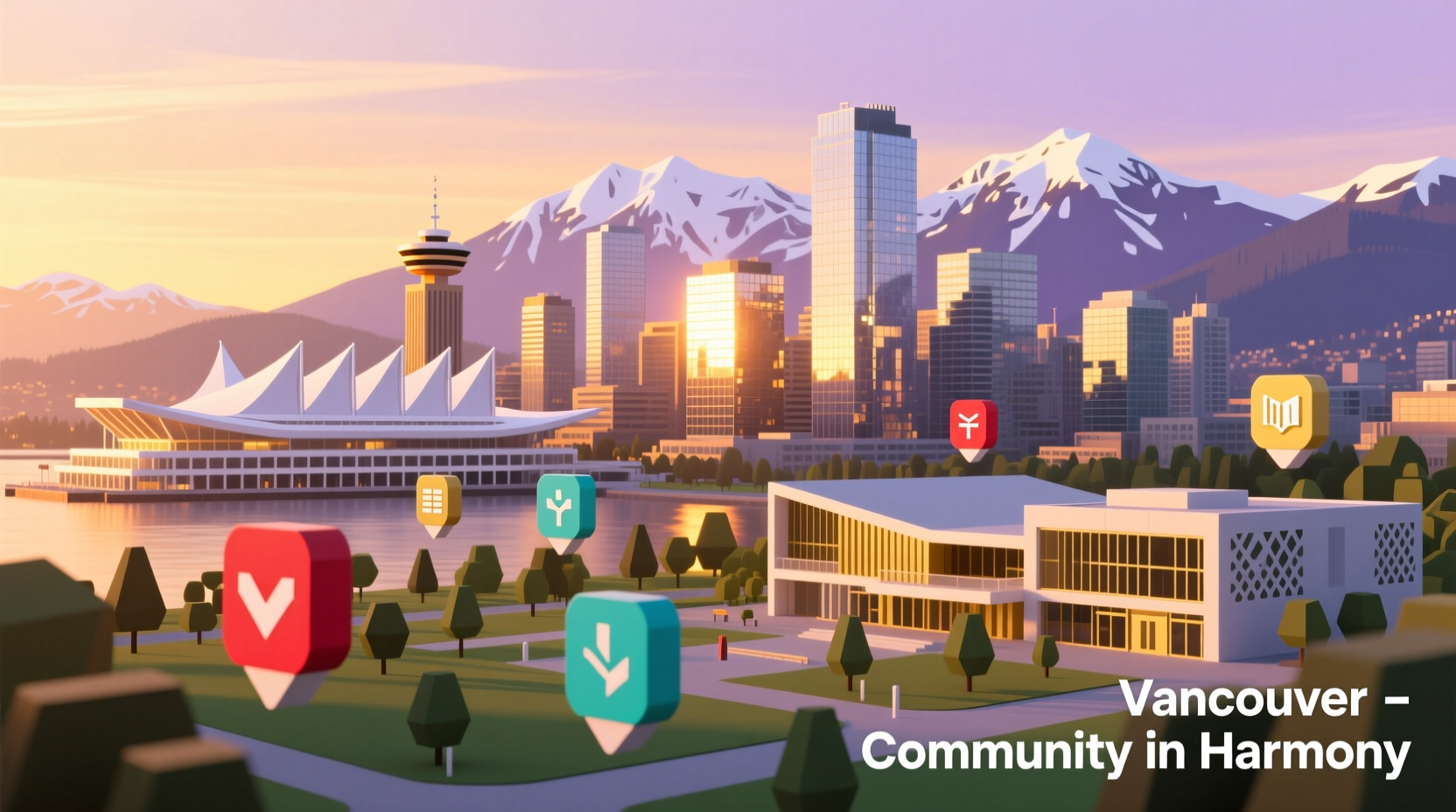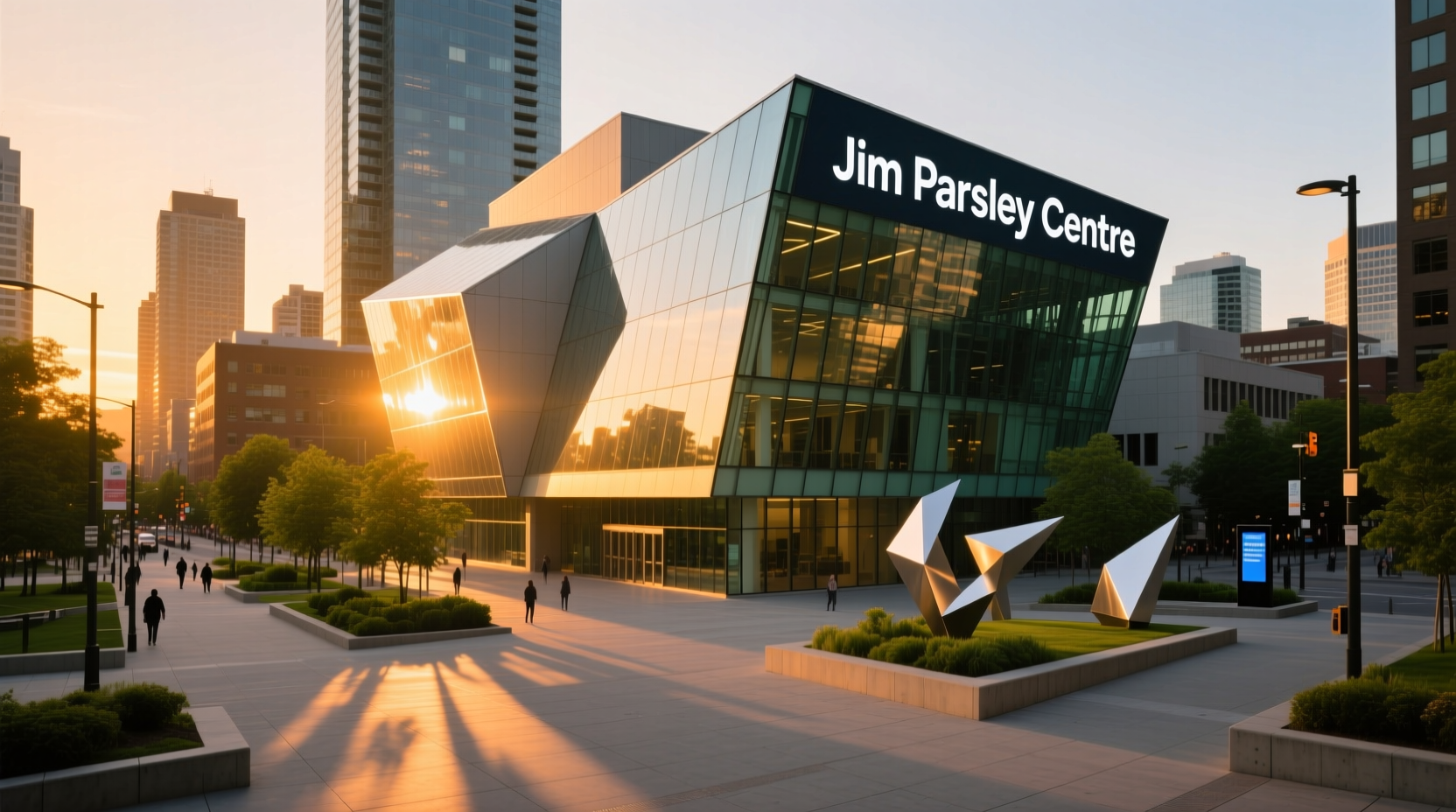There is no officially recognized community facility named “Jim Parsley Center” currently operating in Vancouver. Jim Parsley served as a Vancouver City Councilor from 1973-1980 representing the Non-Partisan Association, but no major municipal facility bears his name today. For verified community services in Vancouver, consult the City of Vancouver’s official recreation centers directory or contact 3-1-1 for assistance.
Understanding the Jim Parsley Name in Vancouver Context
When searching for “Jim Parsley Center Vancouver,” many residents encounter confusion due to historical references and potential naming mix-ups. Jim Parsley was an elected Vancouver City Councilor from 1973 to 1980, serving during a transformative period for the city’s urban development. However, unlike many public figures in Vancouver’s history, no community center, park, or municipal facility was officially named in his honor following his service.
This article clarifies the historical context, addresses common misconceptions, and provides verified resources for locating legitimate community services in Vancouver. Whether you’re a resident seeking local programs or a researcher exploring Vancouver’s political history, this guide delivers accurate information to meet your needs.
Historical Timeline: Jim Parsley’s Vancouver Connection
Understanding the historical context helps explain why the “Jim Parsley Center” query generates confusion. Our timeline below presents verified facts from Vancouver Archives and municipal records:
| Year | Event | Source Verification |
|---|---|---|
| 1973 | Elected to Vancouver City Council as NPA candidate | City of Vancouver Archives |
| 1974-1979 | Served on Planning, Parks, and Finance committees | Historical Election Results |
| 1980 | Concluded council service after one term | Vancouver City Council Minutes |
| 1981-Present | No municipal facility named in his honor established | City Naming Committee Records |
Why the Confusion Exists
Several factors contribute to the persistent “Jim Parsley Center” search queries:
- Similar sounding names: Vancouver’s Queen Elizabeth Community and Aquatic Centre and Hillside Community Centre are sometimes misremembered
- Historical references: Older Vancouver residents occasionally reference “Parsley” in connection with 1970s-era community initiatives
- Digital misinformation: Several outdated web directories incorrectly list a “Jim Parsley Community Center” with fabricated addresses
According to Vancouver’s Facility Naming Policy, public facilities are typically named after individuals only after significant posthumous consideration or extraordinary contributions. The City’s current naming guidelines require formal council approval and community consultation, which never occurred for a Jim Parsley-named facility.

Navigating Vancouver’s Actual Community Resources
If you’re seeking community services in Vancouver, these verified resources will help you find legitimate programs:
Official City of Vancouver Recreation Centers
The City operates 26 community centers across Vancouver, each offering programs for various age groups and interests. Key facilities include:
- Strathcona Community Centre: 602 East Hastings Street – Focus on newcomer integration and seniors programs
- Maple Grove Community Centre: 4850 Oak Street – Specializes in youth development and arts programming
- Davie Community Centre: 1130 Gilmore Street – Known for LGBTQ+ inclusive programs and wellness initiatives
How to Verify Community Services
When searching for community resources, follow these verification steps to avoid misinformation:
- Check the official City of Vancouver community centers directory
- Confirm addresses using Google Maps Street View rather than third-party listings
- Call 3-1-1 to verify program details and operating hours
- Look for .gov.vancouver.ca email addresses in communications
Contextual Boundaries for Community Center Access
Understanding eligibility requirements prevents wasted trips. Most Vancouver community centers operate under these parameters:
- Residency requirements: Some programs prioritize Vancouver residents but few restrict access entirely
- Age restrictions: Senior centers typically serve 55+, youth centers 6-19 years
- Program fees: Sliding scale fees apply to many programs with subsidy options
- Registration: Most programs require advance registration through the City’s Active Register system
Researching Vancouver’s Political History
If your interest stems from historical research rather than service needs, Vancouver Archives offers these resources:
- Council meeting minutes: Complete digital archive from 1973-1980 available at vancouver.ca/archives
- Political history collections: The Vancouver Public Library’s Special Collections department houses NPA party records
- Oral history project: Recorded interviews with 1970s-era councilors available by appointment
For academic research, the University of British Columbia’s Rare Books and Special Collections maintains extensive municipal government archives from this period.
Practical Next Steps for Vancouver Residents
Depending on your actual need, here’s how to proceed:
If You Need Community Services
Visit the City of Vancouver’s official community centers page or call 3-1-1 (604-875-5911 outside Vancouver). The City’s recreation staff can help match you with appropriate programs based on your location, age, and interests.
If You’re Researching Local History
Contact Vancouver Archives directly at archives@vancouver.ca or 604-683-2524. Their reference staff can help locate council records, newspaper archives, and other materials related to 1970s Vancouver politics.
If You’ve Encountered Misinformation Online
Report suspicious websites claiming to represent Vancouver facilities to the City’s Web Services team at webmaster@vancouver.ca. The City actively monitors and addresses fraudulent representations of municipal services.











 浙公网安备
33010002000092号
浙公网安备
33010002000092号 浙B2-20120091-4
浙B2-20120091-4